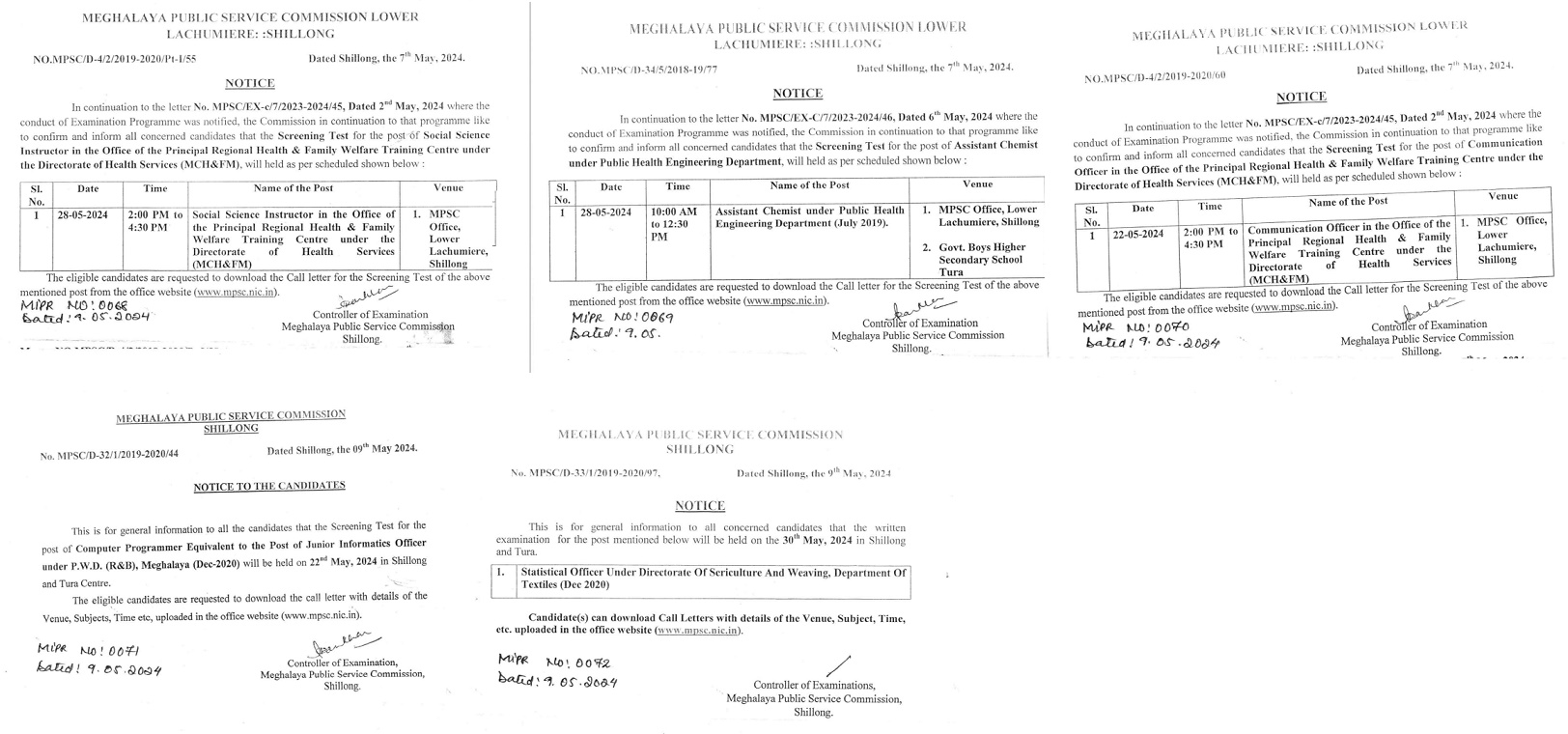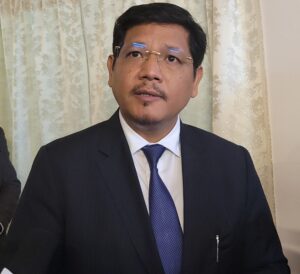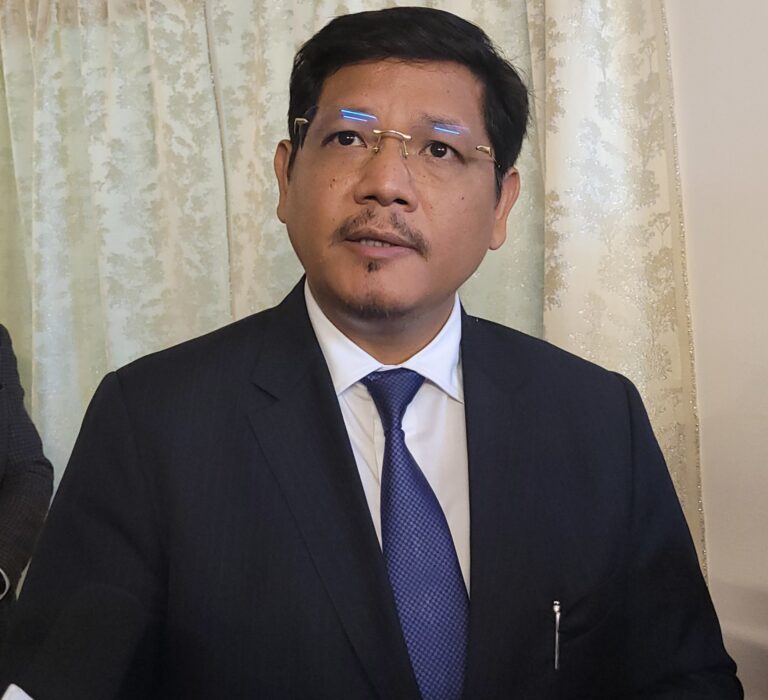Govt should scrap MoU: Mukul
SHILLONG, DEC 9: Leader of Opposition Mukul Sangma on Friday asked the NPP-led Meghalaya Democratic Alliance government to scrap the Memorandum of Understanding (MoU) signed with Assam for resolving the six of the twelve areas of difference.
His statement came a day after the Meghalaya High Court had directed that no physical demarcation and erection of boundary posts on the ground in Assam-Meghalaya border till February 6, next year.
The order was passed by the Single Bench after hearing a petition which sought a stay to the operation of the Memorandum
The petition was filed by four traditional chiefs – Syiem of Jirang R Hamberly Wahlang, Acting Syiem of Hima Mylliem Ainam Manik, Sirdar of Nonglang Sirdarship Pholasly Nianglang and Acting Chief of Nongspung Syiemship Erald Jyrwa.
Congratulating the petitioners, Sangma told reporters that this very development must be an ‘eye opener’ for the people in government.
“Therefore, let us wait and see whether they (Govt) find reason to engage in course correction in the best interest of our people who are affected and please remember when we say people are affected means we are all affected because the state is affected,” the AITC leader said.
Asked if his party would demand the government to scrap the MoU, Sangma said, “The course correction revolves around that only.”
He added, “We have asked the government on a number of occasions even inside the house that the manner in which the approach is being embarked upon this whole engagement with our counterpart was completely wrong and therefore, everything will go wrong.”
He further stated that this is the first time that the people of the state are compelled to fight against their own government because it is the duty of the government to protect the interest of the people.
“And therefore, if people have to assume upon themselves the responsibility of protecting the interest of our people then what can be more painful than this. Therefore, we will look as to how the whole thing unfolds in the days to come because the hearing has overall the stand of the petitioners that the state should be asked not to proceed further,” Sangma said.
On the other hand, the former chief minister said that there was a complete reflection of the lack of in-depth understanding about the issues pertaining to these 12 areas of difference along the Assam-Meghalaya border. “Therefore, we have said please try to have an in-depth understanding about the whole complexity of the whole problem associated with this issue and then only embark upon this whole engagement and discussion and the proposed solutions,” he said.
The traditional chiefs in their petition had requested the court to set aside the MoU signed between Assam and Meghalaya as it is contrary to Article 3, 13, 29 (1) and the Sixth Schedule to the Constitution which has resulted in violation of the fundamental rights guaranteed under Article 14 and 21 of the Constitution and further to pass appropriate direction to the respondent states to follow the Sixth Schedule in letter and spirit before entering into any agreement for handing over of land which are under the autonomous district council in the state of Meghalaya.
They alleged that the MoU was signed without consulting or taking the consent of or involving the constitutionally recognized native chiefs and their durbars such as petition Syiems and Sirdar, etc, under the Sixth Schedule of the Constitution and also the Khasi Hills Autonomous District Council.
The traditional chiefs further stated that the MoU is in principle contrary to the provision of Article 3 of the Constitution under which the Parliament exclusively is competent to alter the area or boundaries of existing states and there are no correspondent entry in the Seventh Schedule which means that the states do not have the authority to determine changing the boundaries of the existing states.
Further, they said that the MoU is itself violative of the agreed principles between the two states for settling the boundary disputes i.e, principles of historical perspective, ethnicity of local population, continuity with boundary, people’s will and administrative convenience as yardstick.
By Our Reporter




















+ There are no comments
Add yours